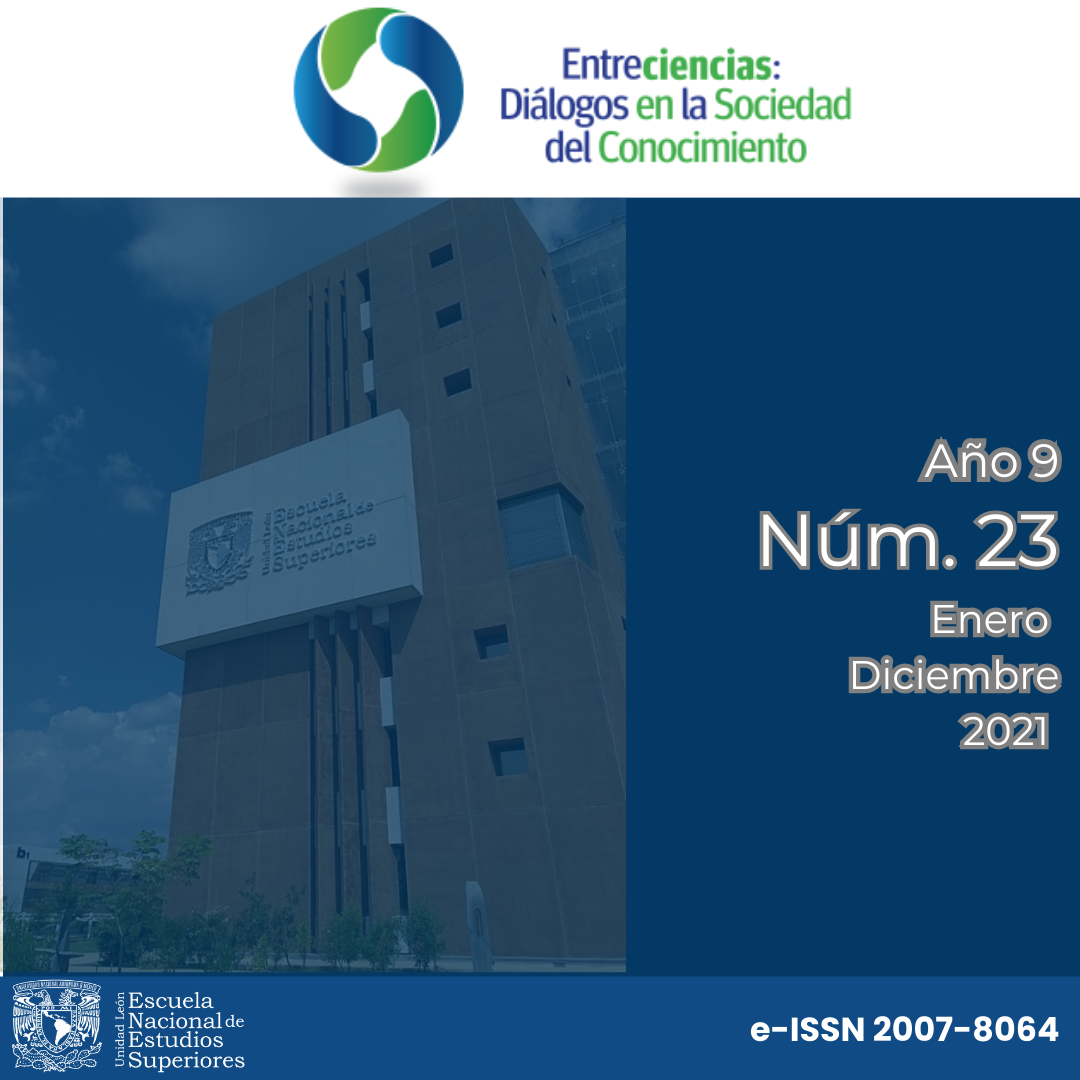Makerspaces: Scientometric indicators and implications for innovation, education and entrepreneurship
Main Article Content
Abstract
Purpose: To identify temporality, subject areas, institutions, countries, publications and relevant concepts associated to makerspaces as a subject of study related to education, innovation, entrepreneurship, and learning.
Methodological design: It is an exploratory study conducted through the compilation of Scopus publications related to makerspaces and their conjunction with the concepts mentioned above. Scientometric indicators are derived to establish its importance as a subject of study. Additionally, conceptual maps to identify correlative topics are made through the VOSviewer software.
Results: It is a concept of growing interest involving 23 subject areas where social sciences predominate. The titles of publications and correlative topics refer to STEM education, and in a lesser extent, entrepreneurship and business.
Research limitations: It is an exploratory study; therefore, providing references on themes and concepts from which makerspaces are problematized; it does not delve into explanations, but rather shows an overview of the topics studied by them. It is importance since it covers a subject that has not been thorougly studied in Mexico.
Findings: Makerspaces arise from the “do it yourself” philosophy. They offer a model of informal learning outside traditional formal spaces. They have also become a topic of growing interest for education and entrepreneurship. Therefore, they can be understood as spaces that generate new learning dynamics based on collaboration, which can be transferred to the formal spaces of technological education, entrepreneurship and complexity of innovation processes.
Downloads
Article Details

Entreciencias: Diálogos en la Sociedad del Conocimiento recognizes and respects the moral rights of authors as well as ownership rights transferred in non-exclusivity to the journal for its open access dissemination and its preservation. Hence, authors who publish in this journal accept the following conditions:
- Entreciencias: Diálogos en la Sociedad del Conocimiento from Universidad Nacional Autónoma de México is distributed under a Licencia Creative Commons Atribución-NoComercial-SinDerivar 4.0 Internacional, which allows the information and metadata to be used without commercial ends as long as proper citation is utilized.
Authors will have the right to non-exclusively distribute the contribution made to Entreciencias: Diálogos en la Sociedad del Conocimiento. That is, they will be able to include it in an institutional repository or disseminate it in other digital or printed media as long as it is explicitly stated that it was first published in Entreciencias: Diálogos en la Sociedad del Conocimiento. The following information must additionally be included: author, year, volume, page numbers, electronic paging, and DOI.
Authors, whose publications have been accepted, will have to send the Letter of Copyright Transfer in the corresponding format, filled out and signed by the author or authors.
